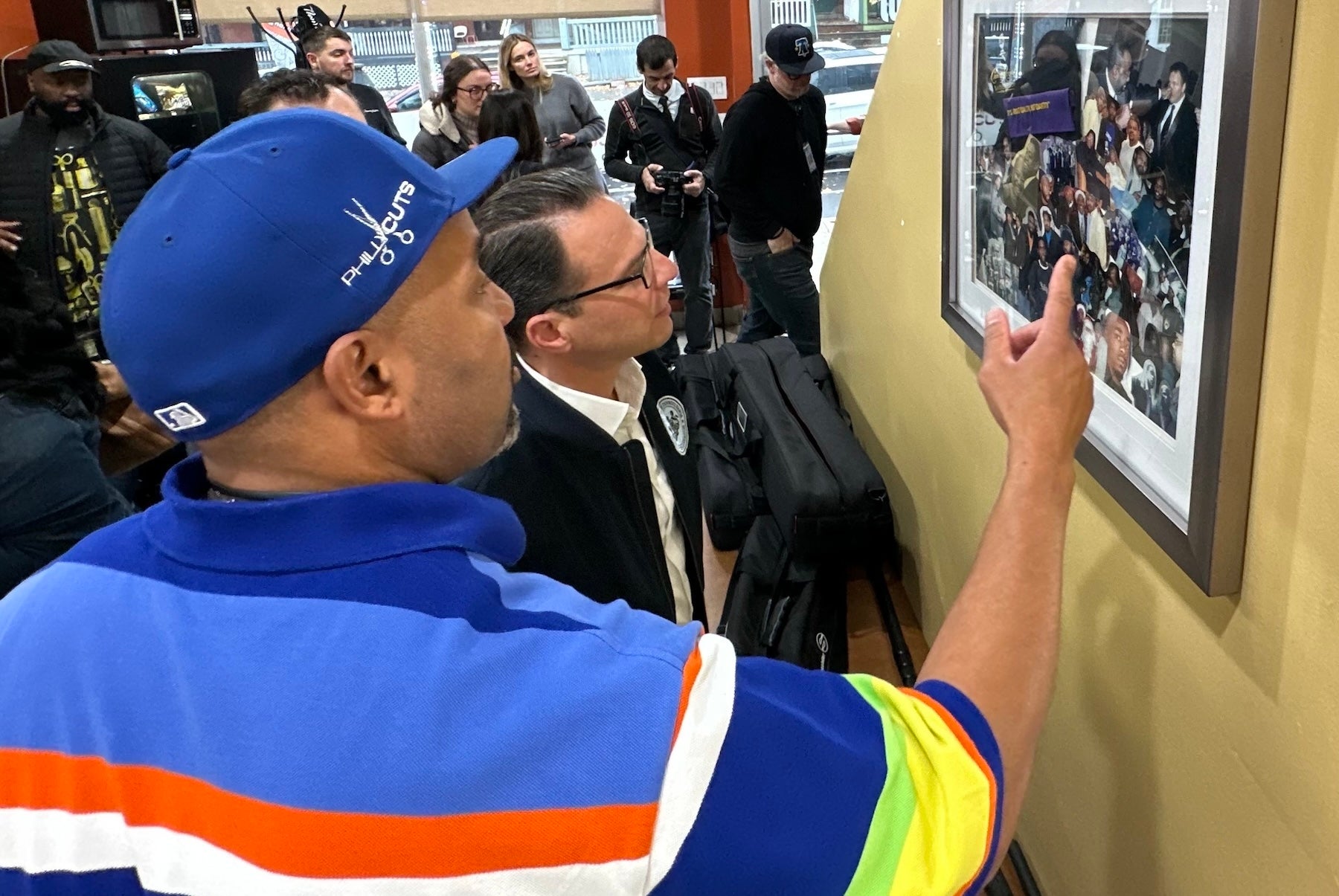Gambling
Sports betting companies weed out winners. Gamblers want to know why.

But some gamblers who manage to beat sportsbooks say they are often shut down when they succeed too much.
Dave Holmes, a sports bettor in Chicago, said that as he started to win more using a math-based wagering strategy, companies including BetMGM, ESPN Bet and Caesars began rejecting his bets. He typically puts down about $100 per bet. Some companies have offered instead to accept as little as 50 cents.
“I would love to actually be given an answer to why it’s happening, and they refuse to do that,” Holmes said.
Some frequent gamblers search the odds on everything from National Football League and Major League Baseball games to table tennis and darts, seeking weaknesses in prices set by sportsbooks and making advantageous wagers, much the way hedge funds seek opportunities to pounce on undervalued stocks.
Bettors who have been reined in say the mystery of why and when it happens is frustrating. Some have suggested that sportsbooks be required to offer the same maximum for all bettors or explain why some bettors are subject to different limits within the apps they use regularly.
Earlier this year, the Massachusetts Gaming Commission held a public discussion on wager limits, raising questions and seeking answers on how online sports-betting companies decide how much money to accept from individual customers.
Several sports-betting companies licensed in the state—including DraftKings, FanDuel, BetMGM, Caesars, ESPN Bet and Fanatics—agreed to attend the session but didn’t show up, citing concerns that proprietary business information would be made public, according to the commission. They have since agreed to participate with the commission on discussing the issue. (Fox Corp. has an ownership stake in FanDuel’s parent company, Flutter Entertainment. Fox and Wall Street Journal parent News Corp share common ownership.)
The regulator is digging into wager limits at a time of increased scrutiny on the other side of the sportsbook business: the biggest losers. Companies place big bettors in so-called VIP programs, doling out thousands of dollars in free bets and other perks for their most profitable customers, The Wall Street Journal reported in February. In response, U.S. Sen. Richard Blumenthal (D., Conn.) sent letters to online gambling companies questioning how they use player data and other marketing to target customers.
Sports-betting companies don’t regularly report how many customers are limited or how many are part of VIP programs. Nakisha Skinner, a Massachusetts Gaming Commission member, said in a March public meeting that she is concerned about transparency and fairness.
“You have a situation where a patron is losing, and being encouraged through outreach by an operator’s VIP staff and incentives,” Skinner said. “What’s the balance when that same patron begins to win?”
Setting Limits
Sports-betting executives say bettors who are limited make up a fraction of their customer base and tend to be professional gamblers—unlike most customers, who bet on sports for entertainment. Betting heavily with promotions could get a customer limited, some companies said.
Sportsbooks deploy sophisticated risk-and-trading desks to monitor how money flows through various bets, attempting to minimize losses while offering attractive odds for customers. The companies say they have to manage their risk to operate the business profitably.
Bricks-and-mortar casinos have long maintained the option to block winning players, including at sportsbooks, and many successful bettors have to adopt ways to disguise their bets so that casinos can’t track what they are doing. The legendary sports bettor Billy Walters famously employed teams of people to spread out around Las Vegas and place bets for him.
Online gambling companies typically set a maximum amount of money customers can put down for any bet they offer. Some gamblers discover their personal bet allowances are lower when they log on to place a wager.
Michael Holt lives in South Dakota, near the border with Iowa. His home state hasn’t legalized sports betting, so he drives to Iowa to make legal wagers online there.
During March Madness, he placed a few $50 bets on basketball. He won some of them and noticed in the next couple of days that ESPN Bet and Caesars would take only $5 or $10 bets from him. So far, he hasn’t noticed limits on his bets with DraftKings or FanDuel.
Holt said he has placed a total of $1,000 in wagers on the ESPN Bet app and won a total of $1,200 for a $200 profit.
“The fact that they flagged a $200-worth of a player is kind of crazy to me,” he said.
Up nearly $50,000
A DraftKings spokesman said the company offers tens of thousands of wagers a day, all with market-specific betting limits. “We restrict less than 1% of players below the market limit based largely on betting behaviors,” he said.
Penn Entertainment, which operates ESPN Bet, said in answers submitted to Massachusetts regulators that customers get an on-screen message when a wager exceeds their approved limit, which is updated in real time, and that customers can ask for those limits to increase. Any law or regulation that would limit or ban operators from setting such guardrails would force it to cut back on its offerings, the company said.
Holmes, the Chicago sports bettor, researched a mathematical approach to gambling, one that he said puts the odds more in bettors’ favor, and said he is up nearly $50,000 since he began.
He said he has been limited by five companies with no explanation. Holmes initially tried to put down $100 per bet but now can’t wager more than $10, $25 or $50 depending on the company and the type of bet he is trying to place.
If the companies were forthright and told gamblers directly that they had won too much and were taking actions to manage the business risks, he said, “I would be very understanding of that.”









